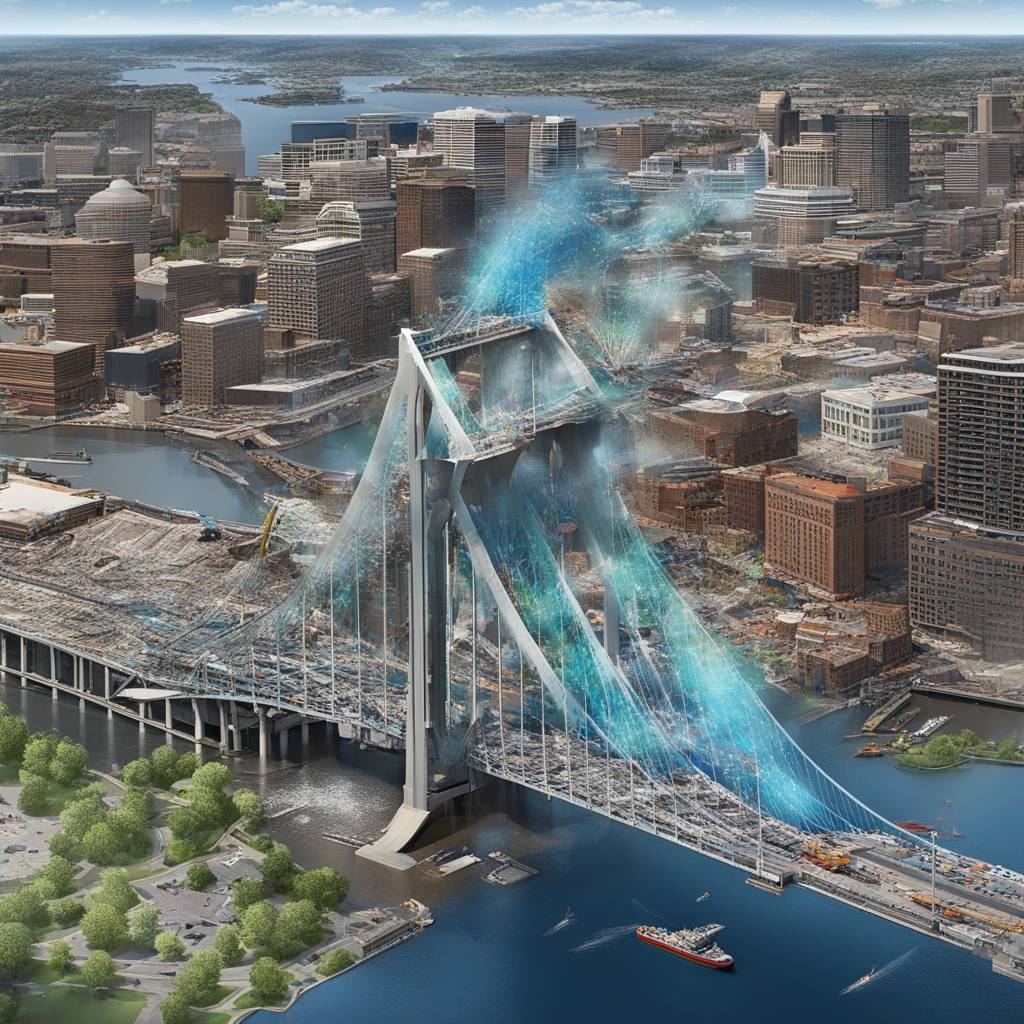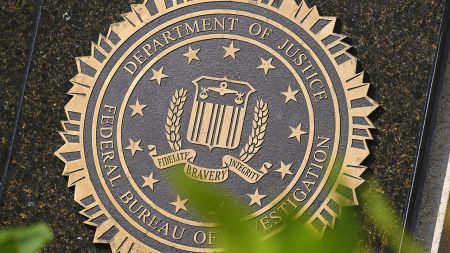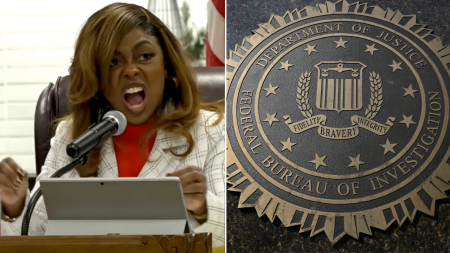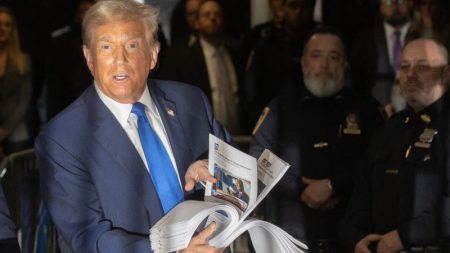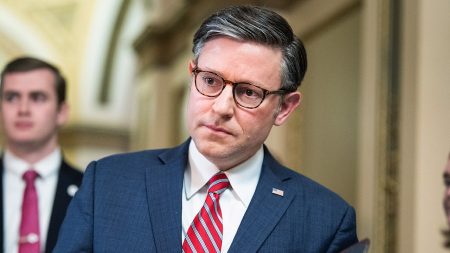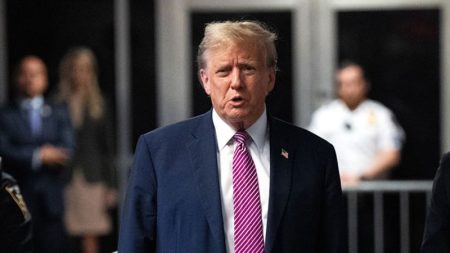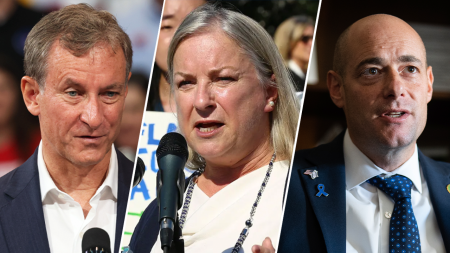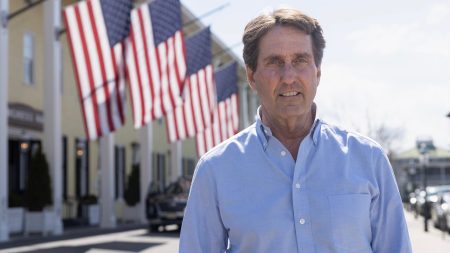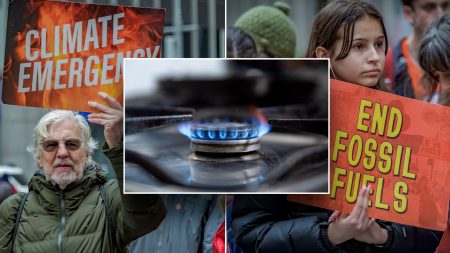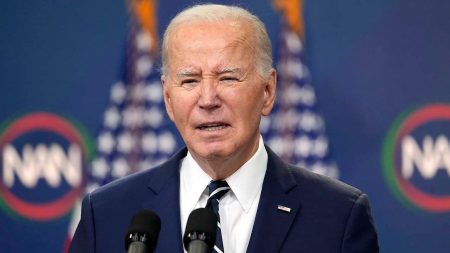The collapse of the Francis Scott Key Bridge in Baltimore sparked a wave of wild conspiracy theories before most Americans had even heard the news. These baseless claims included cyber-attacks, the influence of Covid-19 vaccines, involvement from Israel or the Obamas, among others. Despite officials stating early on that there was no indication of deliberate action, misinformation spread rapidly online, creating an alternate reality devoid of facts. This highlights the erosion of trust in institutions and the online incentive structures that reward sharing misinformation.
Cataclysmic events have always led to the emergence of alternative theories, but what sets this moment in American history apart is the immediate spread of objectively false information by known peddlers of disinformation. Social media platforms like Facebook and Twitter lack robust fact-checking operations, allowing false claims to reach millions of Americans before they see the facts. This trend is concerning, especially with the upcoming election, as misinformation is expected to play a significant role in shaping public discourse.
Well-known online provocateurs like Andrew Tate and Alex Jones perpetuated conspiracy theories about the bridge collapse, with Tate suggesting a cyber-attack and Jones insinuating deliberate motives behind the incident. These individuals, with large followings, contribute to the spread of misinformation that can influence public perception. Despite efforts by platforms like X to label misleading content, the damage from these false claims has already been done.
The tragic event of the bridge collapse became a political talking point, with some blaming Diversity, Equity, and Inclusion (DEI) policies for the incident. These baseless claims serve as divisive talking points that generate likes and shares but lack any evidence to support them. DEI programs have been targeted in America’s culture wars, with some states enacting legislation that restricts these initiatives. The politicization of this tragedy further highlights the dangers of misinformation in today’s society.
The normalization of conspiracy theories and the creation of alternate realities have become a common occurrence, fueled by online influencers, self-proclaimed truth-tellers, and financial incentives offered by platforms like X. Misinformation continues to shape the worldviews of millions of Americans, leading to belief in falsehoods like the FBI instigating the Capitol attack or Taylor Swift rigging the Super Bowl. Despite the absurdity of these claims, they have real-world consequences.
As the conspiracy theories about the bridge collapse persisted, false claims involving Israel, the Obamas, and Covid-19 vaccines circulated online. Prominent figures like David Simon and Marjorie Taylor Greene engaged in fact-checking and speculation, with Simon debunking vaccine-related theories and Greene calling for a full investigation. The prevalence of misinformation, even among public figures, underscores the need for critical thinking and fact-checking in today’s information landscape. The spread of conspiracy theories, whether on social media or in political discourse, can have far-reaching implications on public perception and societal trust.





